Innovation News

Tebogo Machethe and Thandeka Mhlanga recently joined the Wits Innovation Centre.

The award supports innovative use of artificial intelligence to protect biodiversity and advance climate solutions worldwide.

Guests at Blaauwberg Beach Hotel in Cape Town experience how Wits research powers a new AI air quality system.

Lifestyle changes will be of more benefit in the fight against climate change than industrialised solutions such as electric vehicles.

Waste to wonder: Chemists and scientists are engineering a next-generation vaccine from a surprising and humble source.

In a world dictated by data, scale and speed, the Wits MIND Institute prioritises the human being.

This year is the International Year of Quantum, and Wits researchers are making extraordinary contributions to the field.

New interactive tool to bridge Africa's critical data gap for sustainable development.

Wits, UCT, partner with the CISPA Helmholtz-Center for Information Security to drive research into cybersecurity and trustworthy AI.

[Editorial] For a leading African university like Wits, disruption has become not just an inevitability, but a force for reinvention.

The crises, tech, research and people shaping up our world (Spoiler: Quantum is here).

The Wits Interdisciplinary and Translational Science (WITS) BioHub is one of the most ambitious projects in the University’s 100-year history.

The Carnegie Mellon University Africa-led network has awarded almost $7.43M in research funding since it was established in 2022.

Africa’s digital creativity is poised to generate its own momentum as the annual Festival takes place from 7 to 10 October 2025.

The project aims to support ground-breaking music ideas that harness AI and champion African creativity, and build new futures for AI in music.

The country stands at a crossroads. It is essential that we and other African countries build the capacity to refine our own data.

The Machine Intelligence and Neural Discovery (MIND) Institute has been awarded core funding of US$1 million by Google.org.

What if treatment could be as simple as putting on a plaster, twice a week?

The genetic blueprint of the hepatitis B virus (HBV) could be permanently inactivated with newly engineered TALENs.

Wits transfers lipid formulation tech, made to enhance drug delivery and efficacy, to Afrigen Biologics.

In remembering South Africa’s Grand Geek lies a legacy that shows us how we should think about and engage with artificial intelligence.

"We will be able to quickly solve very hard problems in fields such as chemistry, pharmacology, logistics, finance and many more," says Professor Andrew Forbes.

Lucy Allais, Professor of Philosophy at Wits and at Johns Hopkins University, is the first female South African philosopher to join the Academy.

Lessons from Westbury, Johannesburg, show that technology must be controlled by the community and enhance people’s daily lives.

Scientific innovation offers new weapon against rhino poaching, by making rhino horns detectable and traceable.

The Wits Innovation Centre recently held its annual Entrepreneurship / Prospector @Wits workshop.

Tech startups in South Africa are reminded that the window to enter the Irish Tech Challenge 2025 (ITCSA) is about to close on 4 August 2025.

Professor Benjamin Rosman has been appointed a Fellow of the prestigious CIFAR Learning in Machines & Brains programme.

Propelled by ambition and motivated by success, Dr Bradley Max Segal is one of five Africans featuring in FORBES AFRICA's 30 Under 30 Class of 2025 cover story.

Wits and the University of Edinburgh join forces with a new research Chair in Digital Humanities to shape more inclusive, just, and equitable digital futures.

The high-profile delegation from the Shanghai State-owned Capital Investment (SSCI) visited to identify potential key strategic partnerships.

This field is evolving rapidly and the education sector, for one, is abuzz with discussion on AI use for writing.

Wits’ RAIL Lab trains intelligent machines to navigate caves, pour milk, and plan like humans, pushing the frontiers of autonomous AI research.

Artist-in-residence Fellow brings sound innovation to School of Architecture and Planning

Wits University is set to benefit from the second instalment of the University Technology Fund (UTF), meaning more innovation is on its way.

There’s a certain kind of energy that builds before something truly powerful happens. This year’s Fak’ugesi Festival is taking shape.

Cox earned the rating for his work in research and developing cutting-edge structured light and low-cost laser internet.

The Bezos Earth Fund’s AI Grand Challenge for Climate and Nature has awarded the grant to the Wits Climate Risk Modelling project.

Scientists on the African continent have made notable contributions to photonics research.

The US cuts in research funding are devastating to the fight against HIV/Aids. It’s going to be very hard to recover.

Stakeholders from the oil and gas industry attend this much-anticipated conversation on the status of natural gas supply in South at the Wits Business School.

The solution demands two simple and clear actions: declare that photo manipulation has taken place and disclose what manipulation was carried out.

Producing knowledge is a daily pursuit at universities — knowing how best to protect and draw value from it is crucial.

South Africa must shift from finding new blood donors to building relationships with existing ones. Technology can help.

Wits University announces the reopening of one of humanity’s most important palaeontological sites to the public.

The Hack Your Future podcast celebrates the trailblazing Wits alumni and researchers who are transforming industries and challenging the status quo.

Announcement by Professor Lynn Morris, Deputy Vice-Chancellor: Research and Innovation on the way forward for the WIC.

The rise of AI in journalism signals the time for guidelines around disclosure, transparency and accountability.

The Canadian Bureau for International Education (CBIE) delegation and Wits stakeholders explored research, innovation, and academic opportunities.

From selling handbags to offering haircuts, there are Witsies out there turning campus corners into mini marketplaces.
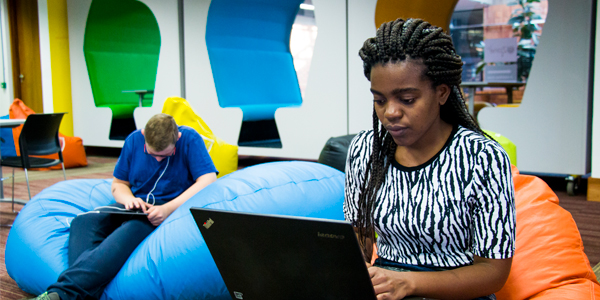
Letting employees use their own devices such as laptops and phones for work has many benefits – and many risks, too.

Work isn't static. It changes as we change. In this issue, we turn to our researchers as we grapple with the evolving nature of work and an unknown future.

[Editorial] AI, Africa, equity, skills, burnout, toxic workplaces, semigration, sex work, and retirement, all in this issue of Curios.ty.

What impact does the changing world of work have on how higher education is delivered to students?

Our research impacted humans, animals and machines, while our students’ side hustles drove innovation, and our scholars deepened our knowledge.

It was a year of establishment and growth for the Wits Innovation Centre (WIC) as it broke new ground to coordinate and encourage innovation across Wits.

WIC’s new Artist-in-Lab Fellow aims to create evocative art exploring the mysterious, inexplicable, and magical essence of lightning.

South African Atmospheric Quality Monitoring (SACAQM) and Evotel join forces to monitor the province’s air quality.

Carnegie Mellon University Africa announced today that it will expand its digital public infrastructure initiative across the continent.

Nobel laureate Maria Ressa believes South Africa’s traditional media is strong, but that won’t last, posing an ongoing threat to democracy.

The Wits Innovation Centre (WIC) partnered with Afretec to workshop practical steps of collaboration.

The Machine Intelligence and Neural Discovery (MIND) Institute advances AI research, exploring machine, human, and animal intelligence.

After major refurbishments, the old Johannesburg Planetarium has been transformed into the state-of-the-art Wits Anglo American Digital Dome.

After 64 years, the Johannesburg Planetarium has been upgraded featuring new cutting-edge digital projectors that will enhance its role in science education.

The workshop gave scholars insights that empowered them to create AI-powered solutions for Africa’s most pressing challenges.

EIE Open Day 2024: Can a robot do medical triage? Can a face detector spot you when you’re wearing a mask? Can geysers be smart?

Four young South African 2D animators train with the world’s best to become teachers for a new generation.

Swelihle Sibiya and Andile Mgomezulu won the R&D Challenge and the Huawei Challenge respectively, at the 2024 SATNAC Industry Solutions Challenge.

Fak’ugesi Festival unleashes the potential that lies within communities when technology, art, and culture intersect in Africa.

Africa’s biggest creative digital innovation festival is from 3 – 5 October 2024 at Wits’ Tshimologong Digital Innovation Precinct.

Two-day workshop redefines inclusive education and how to leverage new technologies to empower students and staff with disabilities.

The water dashboard will help residents to keep track of shortages and repair issues and help to understand just how bad things are.

The parties aim to fast-track digital skills development for policymakers and ICT professionals.
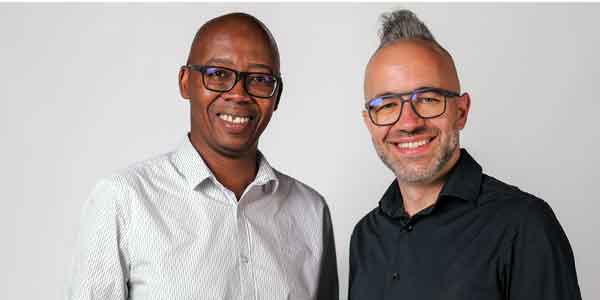
These reflect the Wits Innovation Centre's agility and responsiveness in continuing to grow the University’s innovation ecosystem.

A team of particle physicists have rolled out the first inexpensive South African air quality monitoring system using AI to predict areas of high pollution.

The Foundation looks to reshape discussions about democracy in Africa.

Aspiring African innovators and entrepreneurs converge at Wits to learn skills to transform ideas into market-ready solutions.

To grow their entrepreneurial spirit and skills, 70 postgraduate students attended the Pan-African Entrepreneurship Week during the winter break.

The pioneering technology from Wits is transforming energy access with its new impact-driven Champion Franchise Model.

Catching online scammers: Our model combines data and behavioural science.

Novel way to map spread and evolution of pathogens, and their responses to vaccines and antibiotics, reveals how to help predict and prevent future outbreaks.

Dr Solomon Assefa, the former Vice President at IBM Research, delivered the inaugural Professor Barry Dwolatzky Memorial Lecture.

One of the grant recipient projects from Wits University will investigate the role of micro, small, and medium enterprises (MSMEs) in Sub-Saharan Africa.

Three-year bursary scheme to support strategic collaboration between the two universities.

This addition marks a significant step forward in the ongoing efforts to preserve the University's vast archives and collections.

The E-Hub marks the beginning of a new era in fostering student-led innovation and entrepreneurship.

New Hub will be a place where researchers, entrepreneurs and professionals can get together to leverage technology to solve problems in the field of finance.
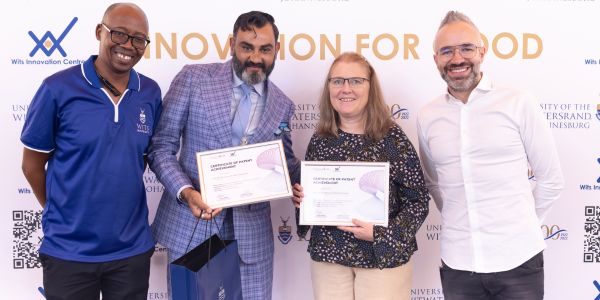
By awarding Wits researchers for their contribution to IP rights, the event highlights the integration of innovation and creativity for a shared future.
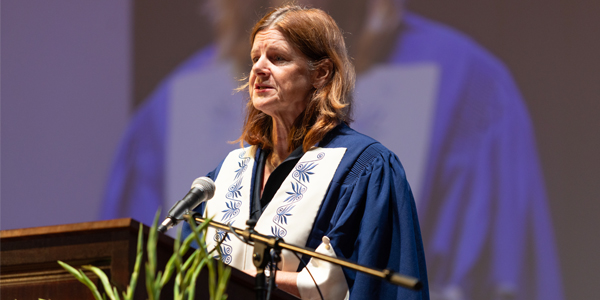
The University held its annual Postgraduate Orientation Programme from 4 – 6 March in the Great Hall and online.
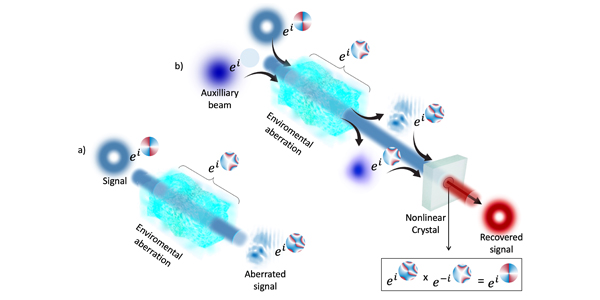
Researchers have found a way to send patterned light messages through obstructions, without distorting the message.
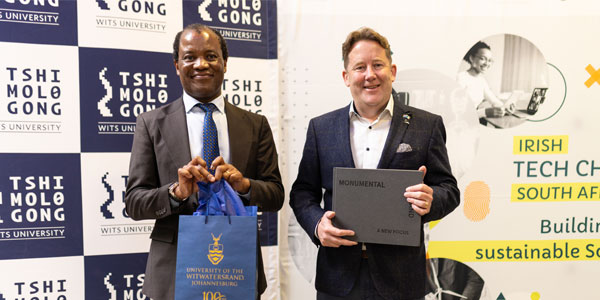
The Tech Challenge seeks to foster partnerships between South African and Irish startups.
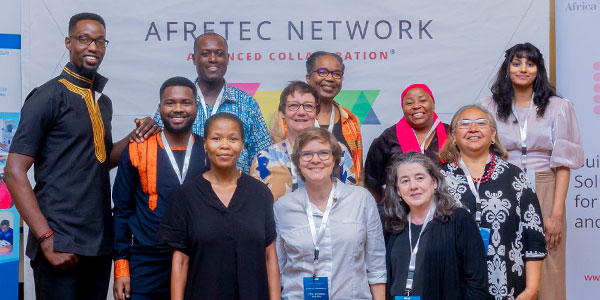
A group of ten Wits University staff and students recently attended the Afretec Gender in STEM Workshop in Kigali, Rwanda.

The University received several queries pertaining to fees, funding, financial aid, and accommodation. Here are the many ways Wits assists students.

2023 will be remembered as the year that artificial intelligence (AI) – or, more specifically, large language models (LLMs), like ChatGPT – changed the world.
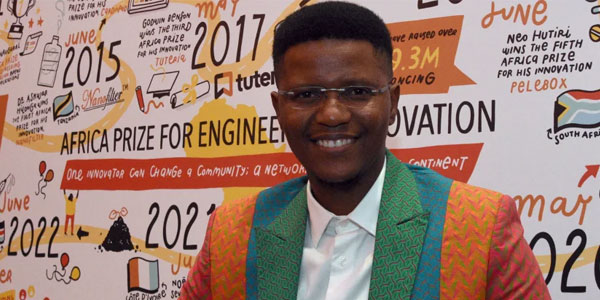
Pelebox founder, Neo Hutiri, is one of the five winners of the Irish Tech Challenge - a prestigious competition seeking to unearth high-impact SA start-ups.
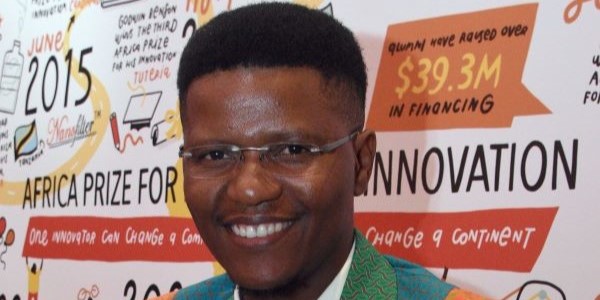
Neo Hutiri recognised as top achiever among Africa Prize for Engineering Innovation winners.
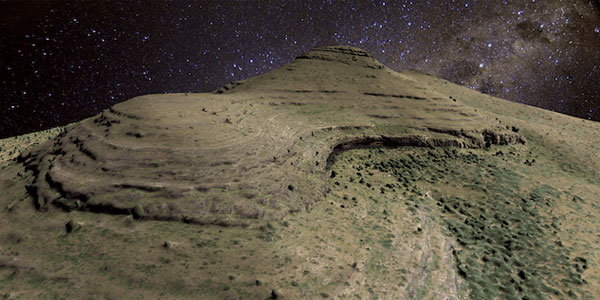
One criticism of current 3D models of archaeological sites is that they are presented devoid of human traces and history. We captured the spirit with our model.

The African Fellowships programme advances South-North research collaboration to find solutions to global challenges.

8 Postdoc Fellows join Wits to boost research on the intersecting themes of climate change, just transition, sustainability, and inequality.
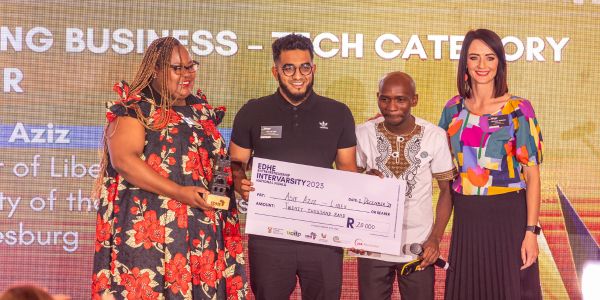
Tech entrepreneur wins for financial inclusion platform and medical student recognised for enabling tech efficiency and savings in spaza shops.
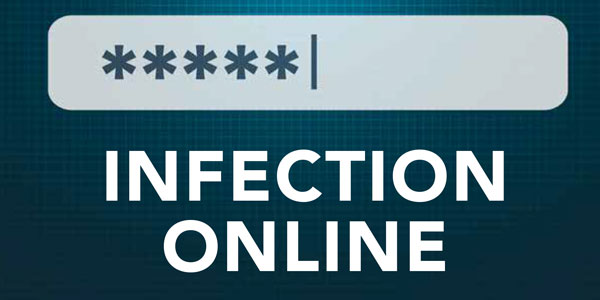
Cybercriminals don’t take breaks. Even seasoned internet users fall prey to these scams. Here are seven safety tips from a cybersecurity expert.
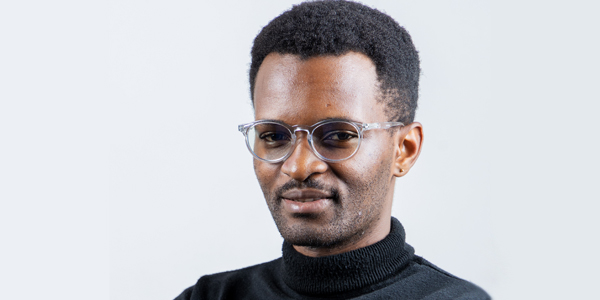
SA visionary and quantum expert, Dr Isaac Nape, has been appointed as the inaugural Chair that seeks to advance quantum research.
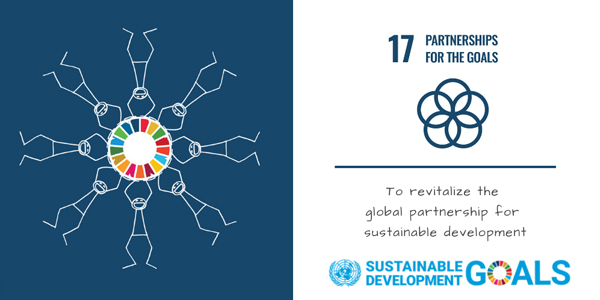
While polarisation has emerged as a defining characteristic of our age, ‘good’ ethics can navigate differences to tackle shared challenges.
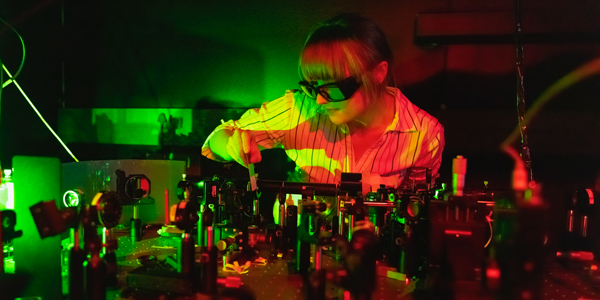
Researchers show for the first time, how we can transport images across a network without physically sending the image.
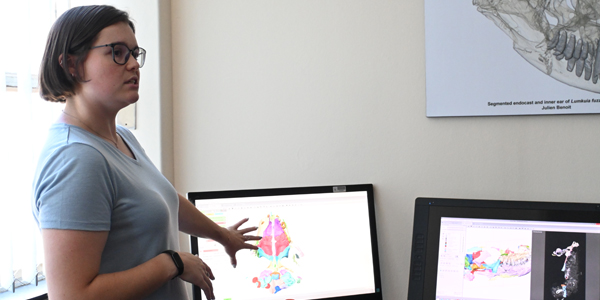
Advanced 3D imaging technology allows for fossil-bearing rocks to be examined non-invasively and saves time and resources.

BCX, Alibaba Cloud and Wits University have partnered to empower students to foster skills for the digital economy in Africa.

Wits University scholars have secured funding as a network partner of the African Engineering and Technology Network (Afretec).
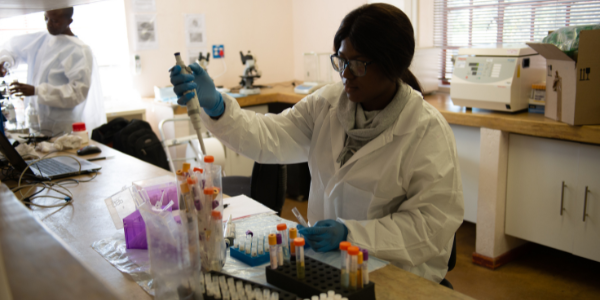
Breaking barriers to intracontinental mobility is paramount and the continent must engage in closer collaboration, placing science at the forefront.
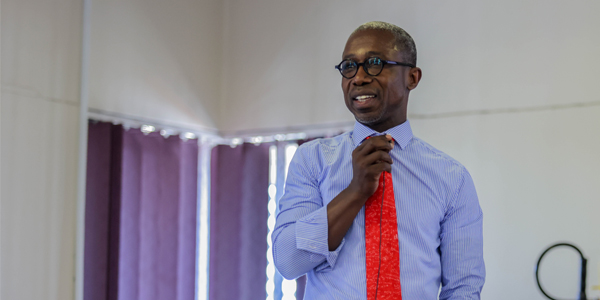
The Faculty of Engineering and the Built Environment hosted its inaugural Research Seminar on 25 and 26 October 2023.

Higher education leaders from across the continent recently convened for the second Pan-African network's annual conference in Nairobi, Kenya.
The Summit is another step forward in developing mining tech and skills to drive a low-carbon future and just energy transition.

Honouring 10 Pan-African innovators for outstanding creative achievements as the Festival celebrates a decade of African creativity.
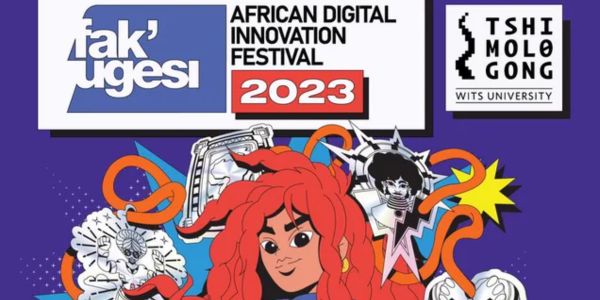
A virtual feast of Africa’s best creative showcases, digital workshops, talks, music, and digital art exhibitions

Graduates and third year students encouraged to apply now for the new PG Diploma to drive business ownership and job creation.
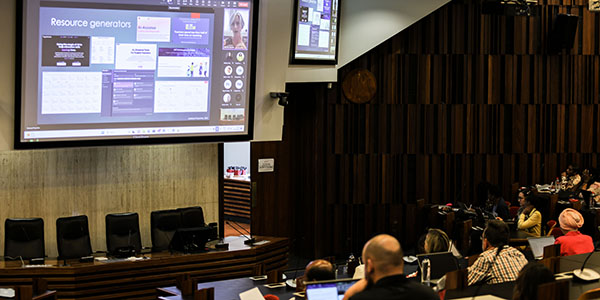
Wits workshop on Learning and Teaching debates responsibility, equity, and access of generative AI in Higher Education.

The Wits-Afretec Tech-Entrepreneurship Workshop held marks a pioneering stride for young, aspiring entrepreneurs.

Wits Advanced Drug Delivery Platform use the national science fair to interact with future generation of scientists, healthcare professionals, and innovators.
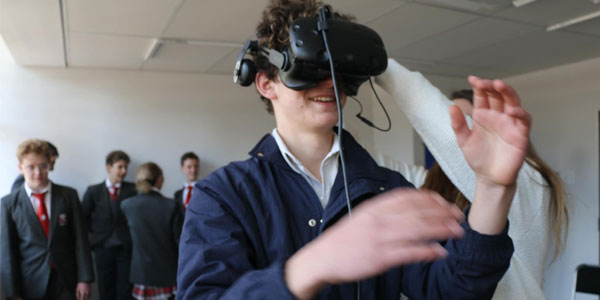
NeuRL’s Immersive Virtual Reality Lab uses innovative body owner illusions to understand cross-cultural bias.
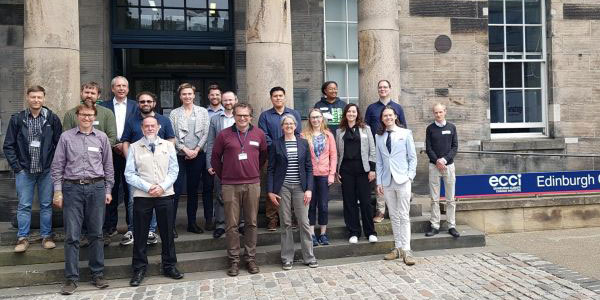
Researchers from Wits and the University of Edinburgh held a symposium to explore collaborative opportunities for Space Research projects.
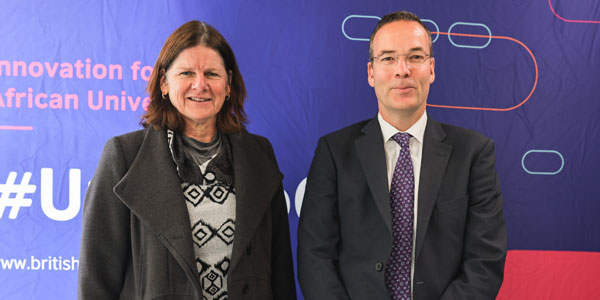
The next generation is essential to Africa's future and to global shared interests in creating a safer, healthier, and more prosperous world.
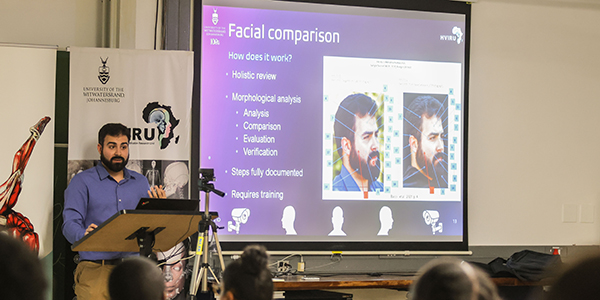
Enhanced human verification techniques and practices will always be required to ensure accuracy and ward off inherent biases.

A new approach to optical communication that can be deployed with conventional technology.
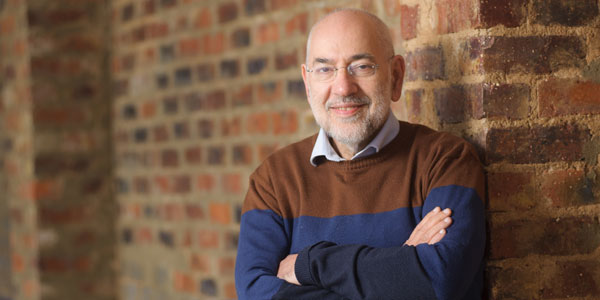
Many speak fondly of how Professor Barry Dwolatzky took them into a derelict disco and enthusiastically explained the tech co-working space he envisioned there.
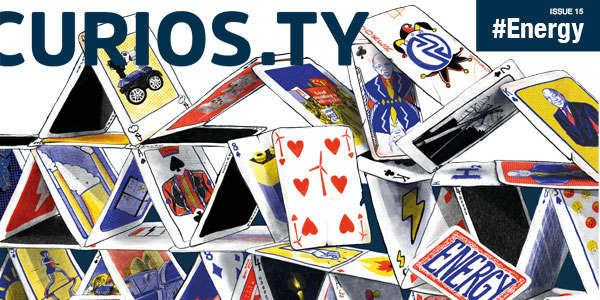
Wits' research magazine focuses on how our researchers are powering up their creativity and expertise to find sustainable energy solutions.

Editorial: Energy cannot be created or destroyed, but for South Africans it feels like we are upending this fundamental law of physics.
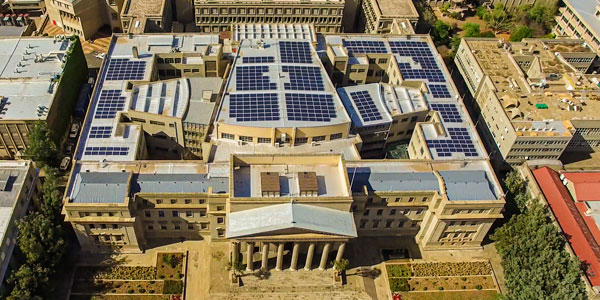
Cutting greenhouse gas emissions to almost zero is the next big thing on the global agenda, but academics agree it’s not feasible in the medium term on campus.
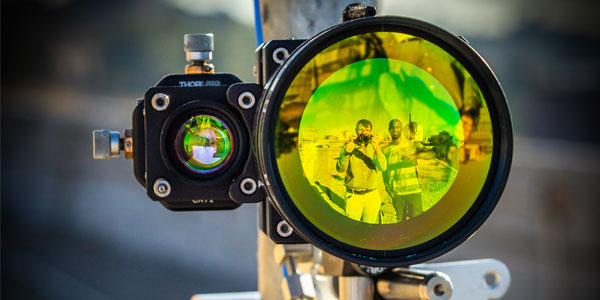
Researchers are developing innovative solutions to counter the energy poverty that impacts teaching and learning.

South Africa has lost an innovator, a strategist, a humanitarian, and a much-loved Professor who dedicated over 50 years of his life to Wits.
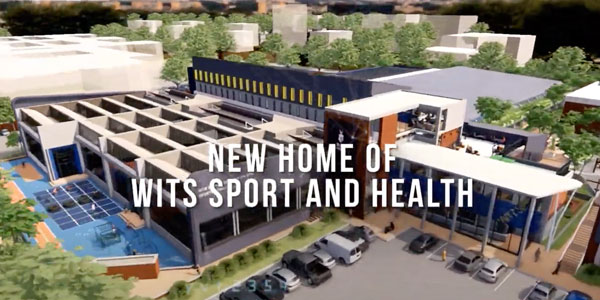
The Wits Brian and Dorothy Zylstra Sports Complex is an integrated facility for training, research, and clinical practice.
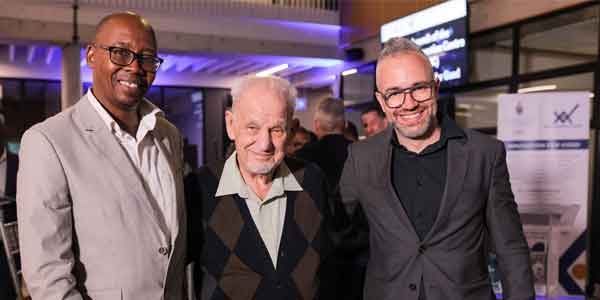
The WIC will harness the creativity and ingenuity of the University’s rich, diverse community of innovators to solve complex, real-world problems.
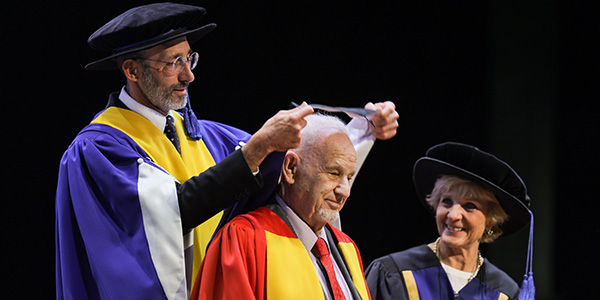
Wits University awarded Dr David Fine an honorary degree at the Faculty of Science graduation ceremony on 17 April 2023.
The first Biomedical Innovation and Entrepreneurship Training Course sparks a new era for #WitsInnovation.
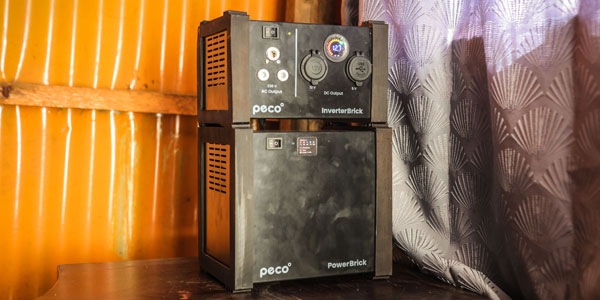
The Pecogrid pilot study will examine the viability of the large-scale rollout of microgrid inverter systems in informal communities.
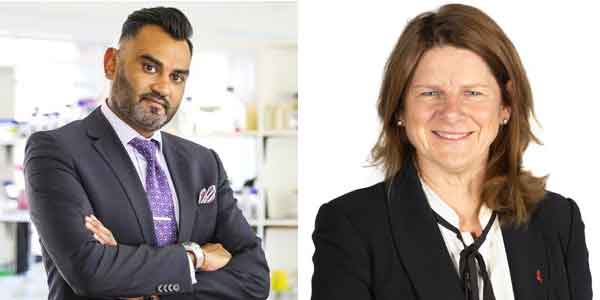
Professor Lynn Morris and Professor Bavesh Kana will advise government on how to harness and grow innovation.
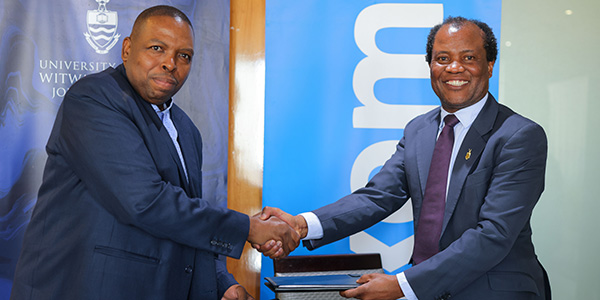
Telkom and Wits sign a partnership agreement to establish the new Telkom Industry Solutions Lab.

Dr Adam Pantanowitz has been appointed as Chair in Innovation and Director of the WIC, and Letlotlo Phohole as Senior Programme Manager.
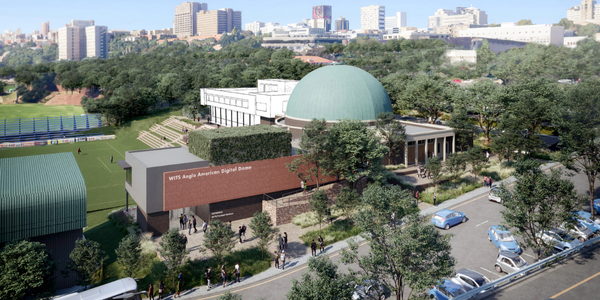
Wits University and Anglo American to transform the Johannesburg Planetarium into a world-class digital research, training, and science engagement facility.
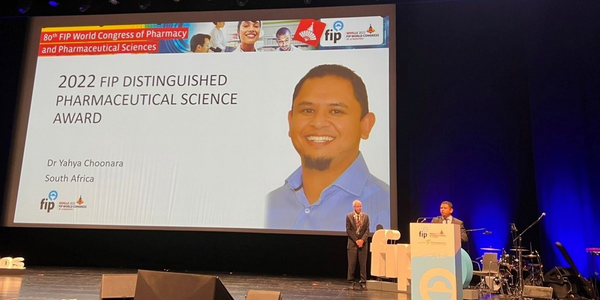
Wits Professor of Pharmacy, Yahya Choonara, is the 2022 FIP Distinguished Pharmaceutical Science Award winner.
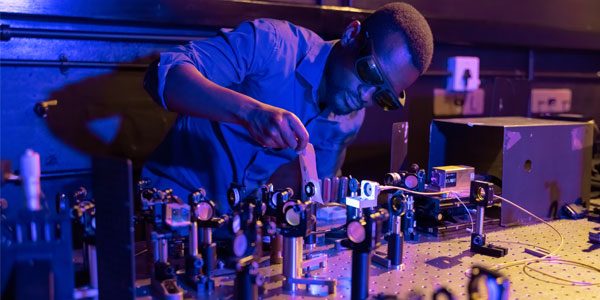
The South African Quantum Technologies Initiative (SA QuTI) aims develop a well-established critical mass in the national quantum community.
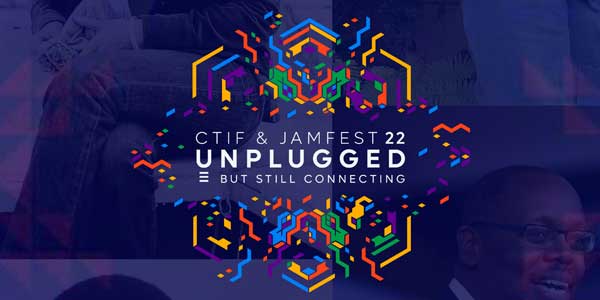
Joint hybrid conferences for African civic tech innovators and media makers, journalism innovators, and other creatives.
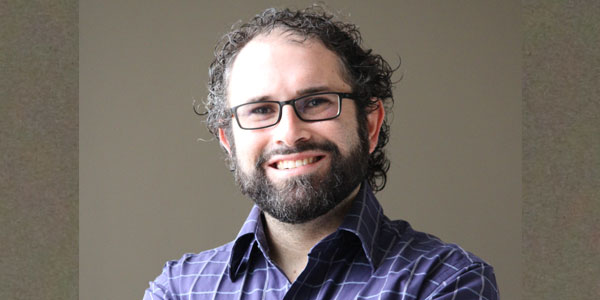
Professor Benjamin Rosman is one of 18 early-career researchers in the world to be named CIFAR Azrieli Global Scholars for 2022-2024.

Astronomers have revealed the first image of the black hole at the centre of our galaxy, the Milky Way.
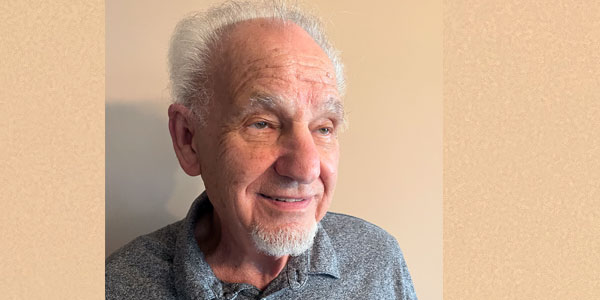
Alumnus Dr David Fine's generous donation will be used to establish the Angela and David Fine Chair in Innovation.